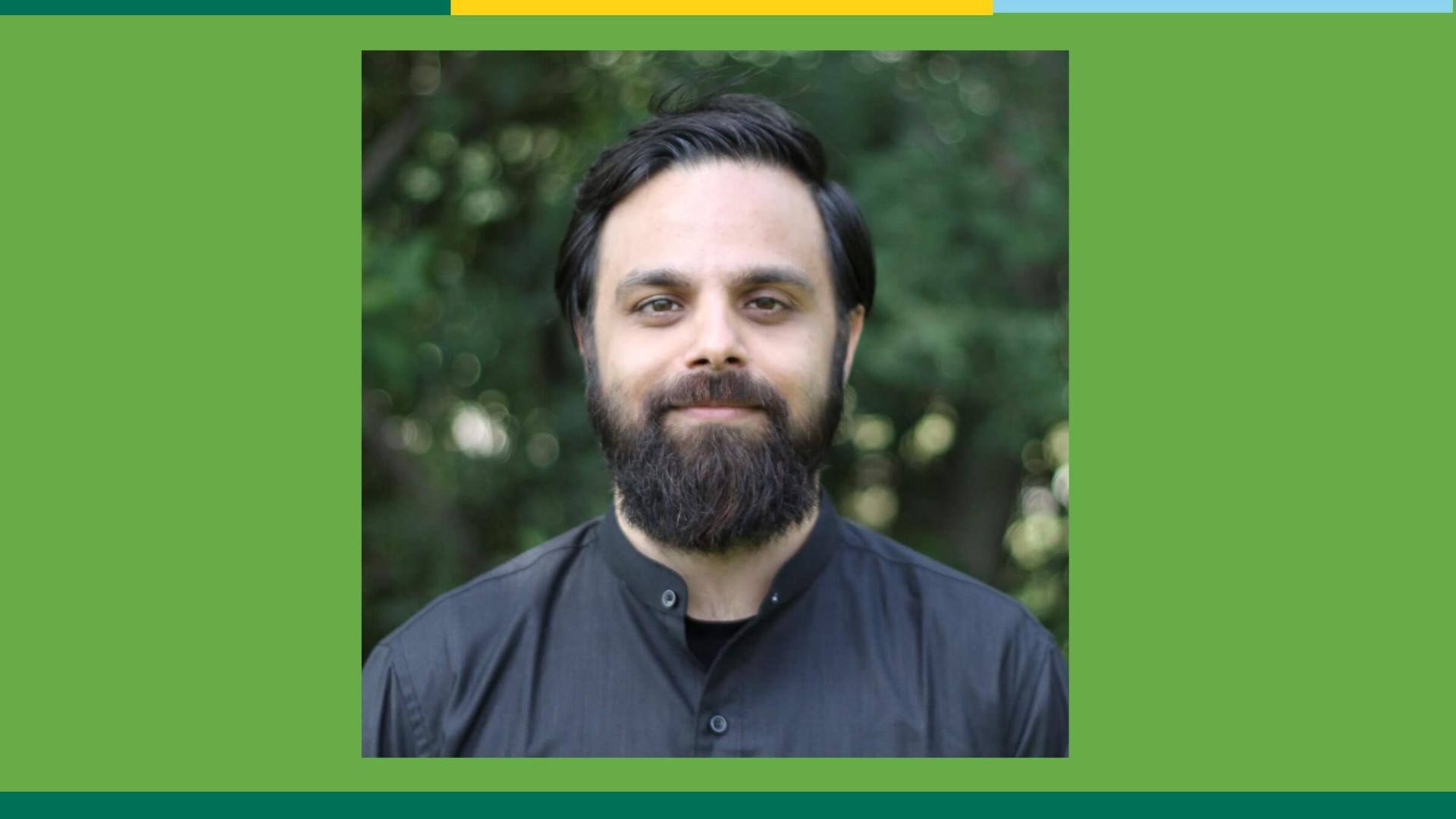Anil Lalwani is the Post Doc Fellow for Assessment at UVM’s Office of Institutional Research and Assessment (OIRA). In this role, Anil works collaboratively with the Executive Director of OIRA and the Vice Provost for Academic Affairs and Student Success to provide planning and support for student learning assessment activities across various academic programs on campus. Two of Anil’s ongoing work projects are Annual Assessment Reports (AAR) and Catamount Core Assessment. Outside of post doc work, Anil is engaged on campus in the form of conducting research with the Queer and Trans People in Education-QTPiE team and building community at UVM.
Can you say more about your current post doc projects?
Anil Lalwani: Yes, since September 30th is the due date for AARs, I have put together a range of resources to help faculty and assessment staff with their submissions. It’s an exciting time to be getting involved in assessment work at UVM, as we reimagine the future of student learning assessment and make an intentional shift from a compliance-only approach toward a compliance plus continuous improvement approach. Also, there are a lot of new developments with regard to assessment planning for UVM’s new general education program called Catamount Core, which is slated to be rolled out in Fall 2023.
Any involvement on campus outside OIRA?
Anil Lalwani: Before I discovered the post doc position, I had received the Emerging Scholar Grant with UVM's QTPiE team in the summer of 2021. QTPiE is based in the College of Education & Social Services (CESS). It is a collective of sorts, comprised of faculty, early career professionals, doctoral students, and scholars in the field. We conduct research and scholarship that advances equitable policies and practices for queer and trans (QT) people in education. Even though my engagement with QTPiE began with a summer grant, I feel grateful that I remain engaged with QTPiE. Just this year, I was part of two peer-reviewed international conference presentations and am currently working on a manuscript that our team is planning to submit to a journal later next month. Besides productivity, getting to be part of a group of researchers who are invested in building community and solidarity in the field has been fulfilling, both professionally and personally. Also, during my first year as a post doc, I got to serve on two search committees at the Prism Center. That experience helped me recognize the importance of building relationships across campus and see how the work my office and I produce can aid in data-based decision making in other departments. And then of course, I have continued to serve as a postdoc-at-large with UVM’s Postdoctoral Association, which I began in my first semester of post doc—Fall 2021.
How’s the semester looking for you?
Anil Lalwani: This semester is shaping up to be quite busy but exciting. In addition to the above noted engagements, I am teaching an undergraduate class this semester and am getting to work with students directly in that capacity–something I have enjoyed in the past. I also continually work on my current research agenda, which is aimed at promoting access and equity among postsecondary learners by addressing barriers to student engagement and help-seeking on campus, especially among international, first-generation, QT and students of color. My doctoral dissertation was a product of this agenda. In fact, the part of my dissertation which looked at the challenges international students faced accessing campus support during COVID-19 campus closures recently got published. My interest in this research is also personal. It stems from my lived identities navigating higher education in the US, as a first-generation international student—which has been both challenging and rewarding. As someone whose parents’ education was limited to only high school, I am appreciative of the privilege my education and training has afforded me in this career.
